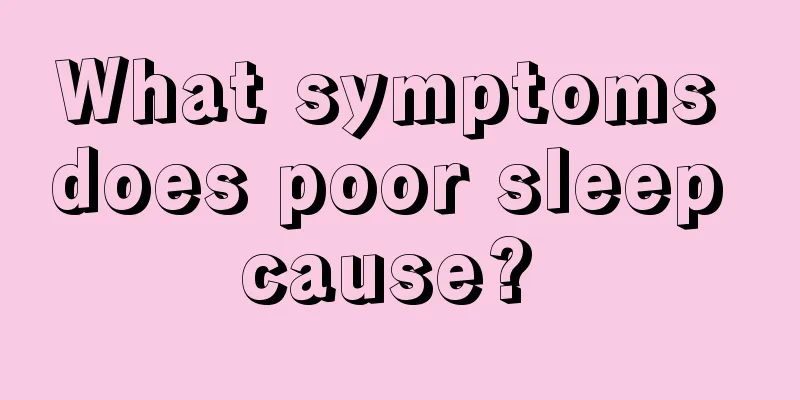What causes lateral choroid plexus cysts?

|
Choroid plexus cyst is a disease that is easy to occur during the development of the embryo. Many fetuses will be detected with choroid plexus cysts by ultrasound during the development process. At first, it is very small around 26 weeks and may disappear slowly with the development. But if it still does not disappear, amniocentesis can be performed first to observe the size of the cyst and carry out corresponding treatment when necessary. Causes of Choroid Plexus Cysts The choroid plexus is a structure rich in blood vessels. In the second trimester of pregnancy, choroid plexus cysts may be detected in some fetuses, but more than 90% of fetal choroid plexus cysts disappear after 26 weeks of pregnancy, and only a few show progressive enlargement. The cysts are often bilateral and are often located in the choroid plexus of the lateral ventricles. The fluid in the cyst is cerebrospinal fluid. A small number of fetuses with choroid plexus cysts have chromosomal abnormalities. Trisomy 18 is more common, but trisomy 21 may also cause choroid plexus cysts. In this case, further examination is recommended by chromosome and Down syndrome testing. examine When a choroid plexus cyst is detected, it should be combined with other clinical data to further perform amniocentesis for amniotic fluid cell culture or umbilical cord puncture for umbilical blood culture to exclude chromosomal abnormalities such as trisomy 18 and trisomy 21. Choroid plexus cysts may also occur in normal fetuses, but most of them disappear after 26 weeks. Choroid plexus cysts may also occur in normal fetuses, but most of them disappear after 26 weeks. If it does not disappear after 26 weeks and is bilateral, the baby should undergo a brain examination and a chromosome examination of the umbilical cord blood cells after birth. diagnosis 1. Cystic dark areas are seen within the strong echo of the choroid plexus, with thin cystic walls, smooth and neat edges, and mostly round in shape. Cysts can be single or multiple. 2. Dynamically observe the size of the cyst. If the cyst is less than 1 cm or getting smaller, the possibility of chromosomal abnormality is small. At the same time, attention should be paid to checking whether there are new malformations in other parts. Sometimes after the choroid plexus cyst is detected by ultrasound, other malformations cannot be detected. However, some scholars believe that the size, number, bilaterality or unilaterality, and whether the choroid plexus cyst is progressively reduced or disappears will not change the risk of the fetus suffering from chromosomal abnormalities. When a choroid plexus cyst is detected, amniocentesis for amniotic fluid cells or umbilical cord blood culture should be performed in combination with other clinical data to rule out chromosomal abnormalities such as trisomy 18 and trisomy 21. |
<<: What is the best way to clear phlegm from the lungs?
>>: How can mucous cysts be prevented?
Recommend
What are the typical symptoms of morphine poisoning
Although morphine is often used in operating room...
How to recognize the onset of childhood bone cancer
How to identify the onset of childhood bone cance...
What to do if sex hormone imbalance
If a woman has a sex hormone imbalance, it will n...
How do you get pancreatic cancer and what causes it
The main causes and related factors of pancreatic...
Why is there tinnitus in one ear?
Tinnitus is one of the most common diseases in ot...
Can I eat melon seeds when I have stomachache? What to eat when you have stomachache?
Many people nowadays have stomach problems. They ...
Measures to prevent the continuous occurrence of colon cancer
The continuous emergence of colon cancer has caus...
Do you feel ovulation?
The ovulation period is a relatively important mo...
What does furuncle mean
Furuncle is a common clinical disease, but many p...
How to take care of your hair after perming
It is women's nature to love beauty, so it is...
What to do in the early stage of uterine cancer
We all know that the best time to treat cancer is...
Vaginal bleeding can generally be considered as an early symptom of cervical cancer
The most common symptom of cervical cancer is vag...
Is it good to always use the same toothpaste? Listen to the expert’s explanation
Many toothpaste products claim to have whitening,...
Can calamine lotion treat acne? What are the main effects?
Calamine lotion can be effective for some skin di...
Cellular Nutrition Therapy
The human body itself is actually an aggregate of...









